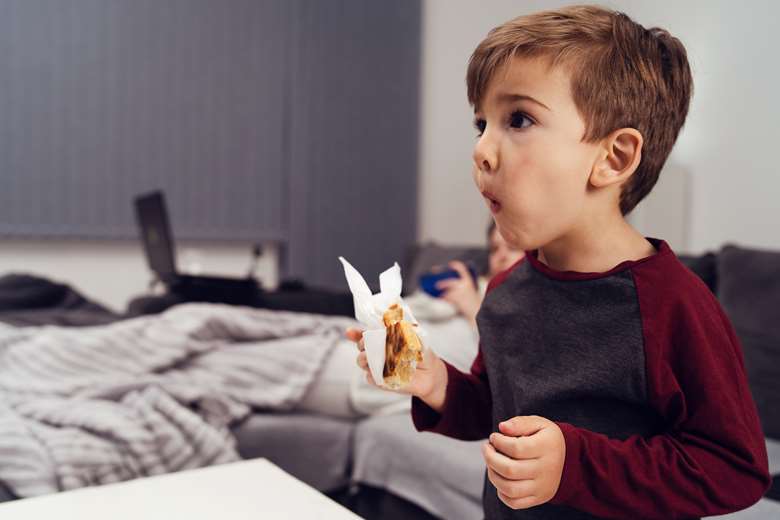Covid has worsened adverse childhood experiences, say experts
Nina Jacobs
Sunday, September 19, 2021
The Covid-19 health crisis is making adverse childhood experiences (ACEs) even worse for poor children and young people that were already struggling to overcome trauma in their lives, a report warns.

In the case of families impacted by mental health illness, the ongoing effect of the pandemic has seen 48 per cent of support workers report that their problems have worsened.
Similarly, for those households affected by domestic violence, almost 40 per cent of frontline workers said the issue had become “a lot more severe”.
-
Analysis: Councils focus on tackling multiple problems
-
Adverse Childhood Experiences: Special Report
The findings were drawn from first-hand experiences of around 700 workers surveyed in June and July by children’s charity Buttle UK for its latest report, State of Child Poverty 2021.
The charity estimates the combined services of these workers reach around 36,000 children and young people offering a realistic picture of the lasting impact of the Covid-19 health crisis on low-income families.
Respondents to the survey were asked to detail the percentage of young people they work with that have been exposed to specific ACEs - widely identified as family situational factors impacting on children’s development and life chances.
The most commonly reported ACES among the cohort of children supported by these workers were mental health problems; parental separation; verbal abuse and domestic abuse.
The charity says reasons given by these workers for the increase in severity of all ACEs experienced by these families included a lack of support from informal networks such as family and friends as well as a lack of respite for parents.
Other factors were reduced time in education, decreased levels of exercise, poor diets and increased isolation.
In comparison with the results of the same survey held by the charity in June 2020, the greatest increases were reported as mental health problems and the relationships between children and parents, both of which saw a rise of 10 per cent.
These difficulties were a direct result of those families having to live in poverty, the charity said.
More children also experienced behaviour problems and difficulties in sibling relationships and peer relationships, it added.
Around two-thirds of the children in the study said they had fallen behind with their education and “getting back on track” seemed an impossible task to them.
For many, the effects of the pandemic on their mental health had become a barrier they had to overcome in order to focus on learning effectively again, the report says.
Challenges faced by the children to engage in education during the pandemic included a lack of digital access with 60 per cent reporting this had made studying much harder.
Furthermore, 56 per cent said challenges in overcoming past trauma during the pandemic had also made it more difficult for them to carry on with their education.
In response to the charity asking which area would be most crucial for these children and young people to receive most support, 48 per cent of frontline workers said mental health was a priority.
Additional educational support was rated second with nine per cent of workers highlighting this as an issue.
Joseph Howes, the charity’s chief executive officer, said: “It’s clear that the pandemic had exacerbated some of the very challenging experiences that many children on low incomes were already facing and with it the level of trauma they are dealing with.
“The circumstances of the last 18 months are not allowing them to deal with it as they might have done.
“This crisis in mental health problems is one of the key drivers in children from disadvantaged backgrounds falling further behind in their education,” he said.
The charity is urging the government to consider reviewing school curriculums to address the balance between academic areas and activities that could build motivation or resilience among these groups of children.
In addition, it is calling for social, emotional and health education to be developed to become a more meaningful part of the curriculum.




